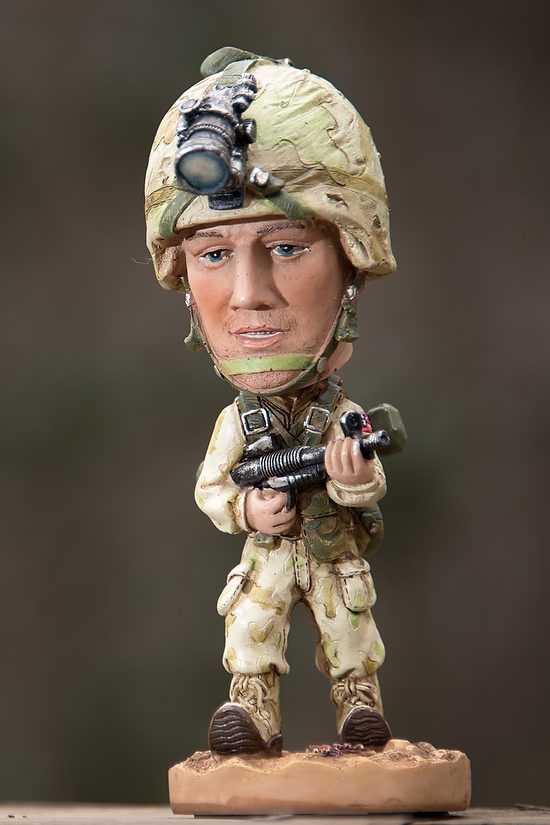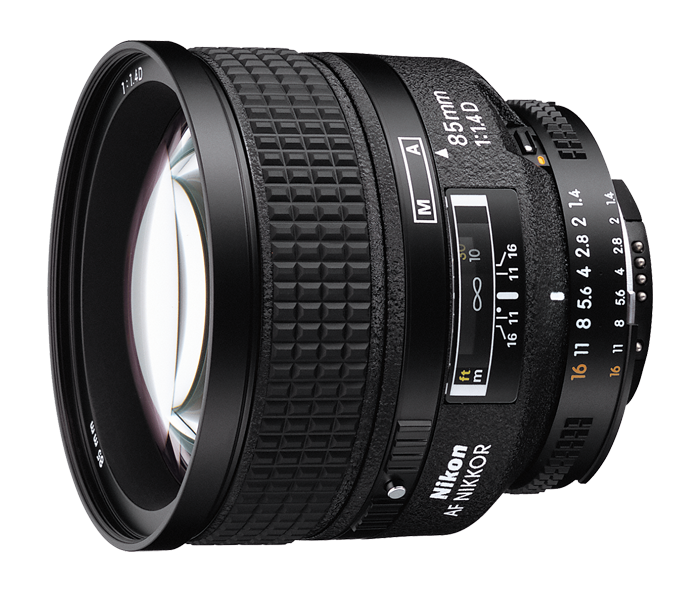| Nikon D4, 28-300mm (300), ISO 100, ƒ/5.6, 1/25 – Off-camera fill-flash using the Nikon SB-900. The Flash is on the PocketWizard TT5 and is triggered by the Mini TT1 on the Camera with the AC3 to control the flash output. Flash is -2 EV, and the Camera is -1 EV. |
Bokeh
Bokeh originated from the Japanese word [bokeh], which means blur. Today, many photographers are buying the ƒ/1.4 lenses to get that silky smooth background for when you shoot the lens wide open.
If the reason I am reaching for a lens is based on getting a silky, smooth, out-of-focus background, I might be wasting my time. You see, so much of what I shoot is with the AF-S NIKKOR 28-300mm f/3.5-5.6G ED VR, and to take the lens off to put on my AF NIKKOR 85mm f/1.4D IF I could be just creating an unnecessary step.
If you compare the lenses at the same aperture and focal length, then it would make more sense to grab the 85mm ƒ/1.4. As you can see in the photo below shot on the 85mm @ ƒ//5.6, the background isn’t all that silky Bokeh.
Shooting, however, at ƒ/2, you are seeing a significant difference on the 85mm as compared to itself. But now compare it to the first photo on this blog shot with the 28-300mm when the lens is zoomed in to 300mm and shot wide open at ƒ/5.6. I am having a tough time seeing any difference in the Bokeh.
When shooting at ƒ/1.4 with the 85mm, the depth-of-field is slightly more shallow than the 300mm @ ƒ/5.6.
This is where you might just be scratching your head, as I was after doing this little test.
The trick to getting that silky smooth background has as much to do with how close you are to the subject as the ƒ-stop.
I would argue that if you want that shallow depth of field with a creamy Bokeh, you can do it with the 28-300mm ƒ/5.6 and not have to buy another lens to carry around.
There are other reasons you might want an 85mm ƒ//1.4 in your bag–stay tuned in for that post later.






